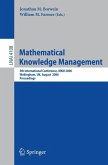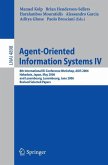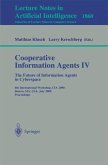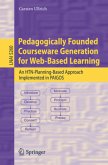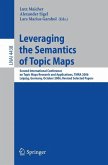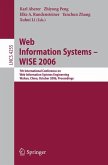Computers arechanging the way wethink. Of course,nearly all desk-workers have access to computers and use them to email their colleagues, search the Web for information and prepare documents. But I'm not referring to that. I mean that people have begun to think about what they do in compu- tional terms and to exploit the power of computers to do things that would previously have been unimaginable. This observation is especially true of mathematicians. Arithmetic c- putation is one of the roots of mathematics. Since Euclid's algorithm for ?nding greatest common divisors, many seminal mathematical contributions have consisted of new procedures. But powerful computer graphics have now enabled mathematicians to envisage the behaviour of these procedures and, thereby, gain new insights, make new conjectures and explore new avenues of research. Think of the explosive interest in fractals, for instance. This has been driven primarily by our new-found ability rapidly to visualise fractalshapes, such as the Mandelbrot set. Taking advantage of these new oppor- nities has required the learning of new skills, such as using computer algebra and graphics packages.
From the reviews:
"The OMDoc open markup format for mathematical documents is presented in this book. ... The book situates OMDoc relative to other markup systems for mathematics, provides the justification for the approach taken, and documents the system with principles and examples. ... The scope of the work presented here will make it interesting to all those who have an interest in the markup and processing of mathematical documents." (D. T. Barnard, ACM Computing Reviews, Vol. 49 (3), March, 2008)
"The OMDoc open markup format for mathematical documents is presented in this book. ... The book situates OMDoc relative to other markup systems for mathematics, provides the justification for the approach taken, and documents the system with principles and examples. ... The scope of the work presented here will make it interesting to all those who have an interest in the markup and processing of mathematical documents." (D. T. Barnard, ACM Computing Reviews, Vol. 49 (3), March, 2008)

![OMDoc -- An Open Markup Format for Mathematical Documents [version 1.2] - Kohlhase, Michael OMDoc -- An Open Markup Format for Mathematical Documents [version 1.2] - Kohlhase, Michael](https://bilder.buecher.de/produkte/20/20946/20946691n.jpg)

